Amol Dwshmukh from the University of Glasgow got in touch with us about a social robot designed to influence young people’s handwashing behaviour, which the design team piloted in a rural school in Kerala, India.
In the pilot study, the hand-shaped Pepe robot motivated a 40% increase in the quality and levels of handwashing. It was designed by AMMACHI Labs and University of Glasgow researchers, with a Raspberry Pi serving as its brain and powering the screens that make up its mouth and eyes.
How does Pepe do it?
The robot is very easy to attach to the wall next to a handwashing station and automatically detects approaching people. Using AI software, it encourages, monitors, and gives verbal feedback to children on their handwashing, all in a fun and engaging way.
Amol thinks the success of the robot was due to its eye movements, as people change their behaviour when they know they are being observed. A screen displaying a graphical mouth also meant the robot could show it was happy when the children washed their hands correctly; positive feedback such as this promotes learning new skills.
Amol’s team started work on this idea last year, and they were keen to test the Pepe robot with a group of people who had never been exposed to social robots before. They presented their smiling hand-face hybrid creation at the IEEE International Conference on Robot & Human Interactive Communication (see photo below). And now that hand washing has become more important than ever due to coronavirus, the project is getting mainstream media attention as well.
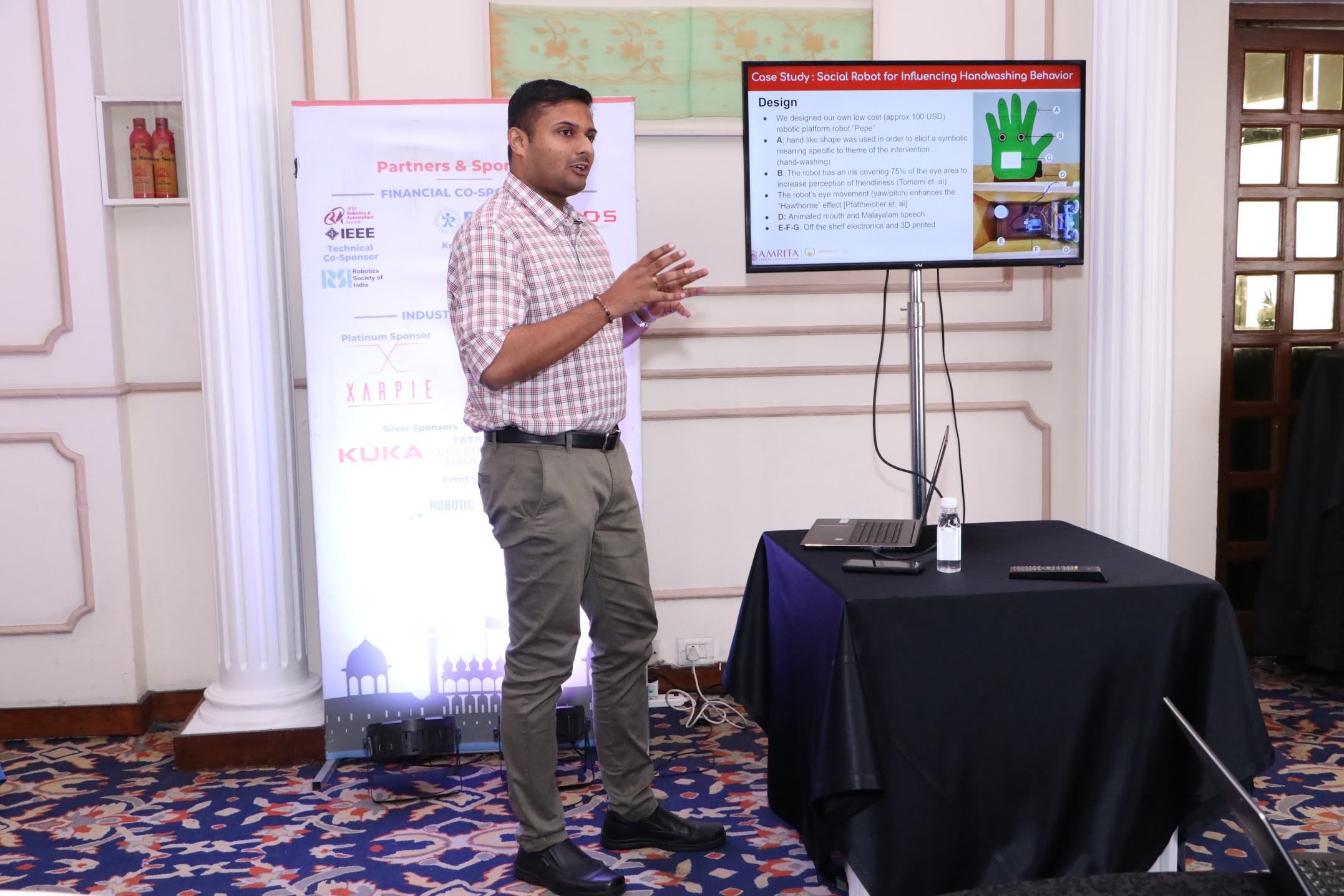
What’s next?
The team is now planning to improve Pepe’s autonomous intelligence and scale up the intervention across more schools through the Embracing the World network.
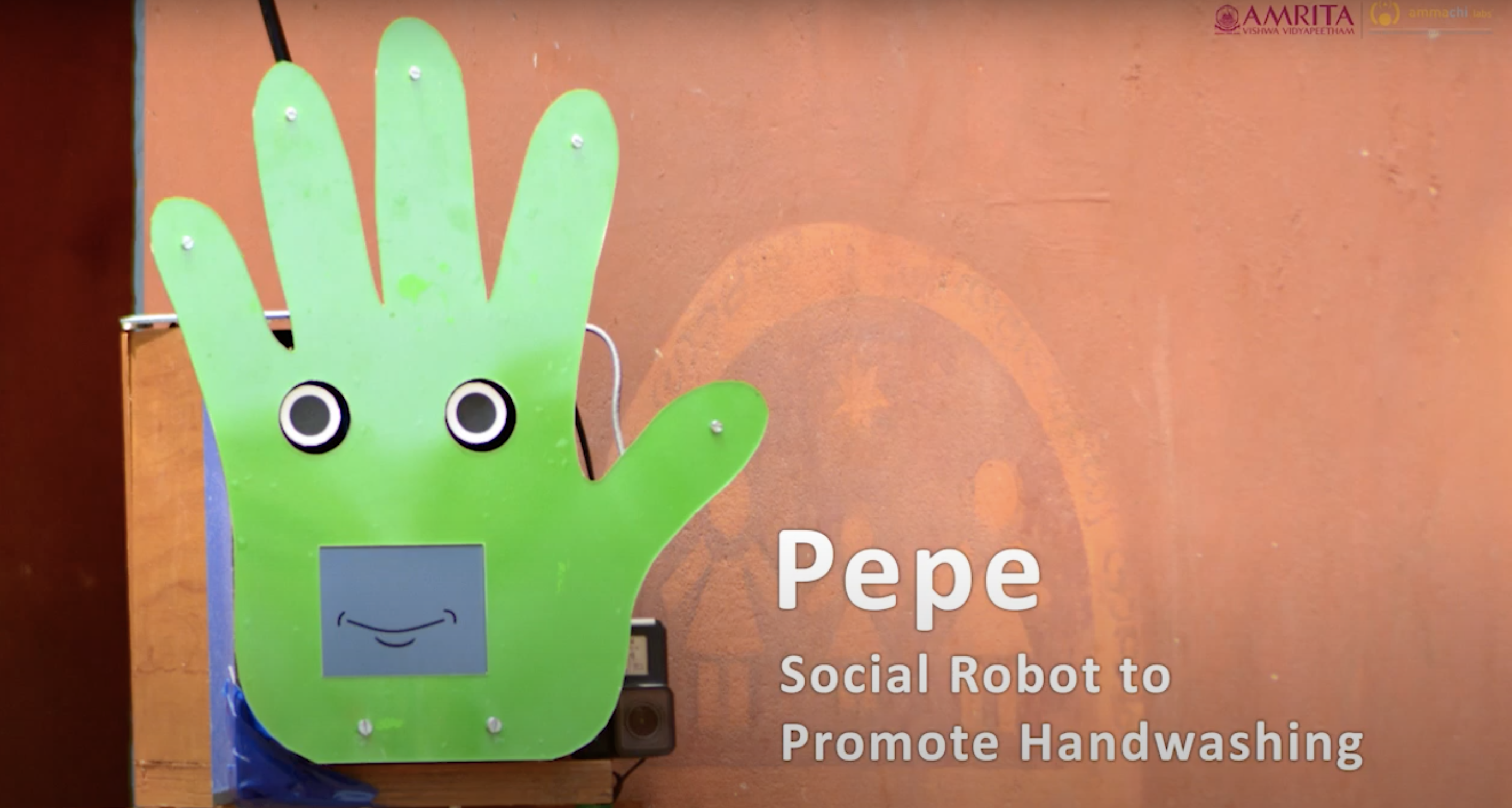
Pepe had a promising trial run, as shown by these stats from the University of Glasgow’s story on the pilot study:
- More than 90% of the students liked the robot and said they would like to see Pepe again after school vacation.
- 67% of the respondents thought the robot was male, while 33% thought it was female, mostly attributing to the robot’s voice as the reason
- 60% said it was younger than them, feeling Pepe was like a younger brother or sister, while 33% thought it was older, and 7% perceived the robot to be of the same age
- 72% of the students thought Pepe was alive, largely due to its ability to talk
The post Raspberry Pi robot prompts proper handwashing appeared first on Raspberry Pi.
from Raspberry Pi https://ift.tt/30yftNX

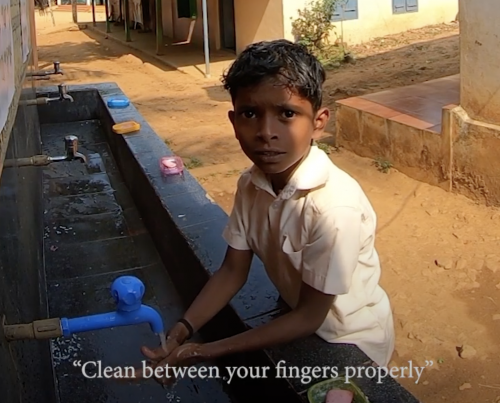
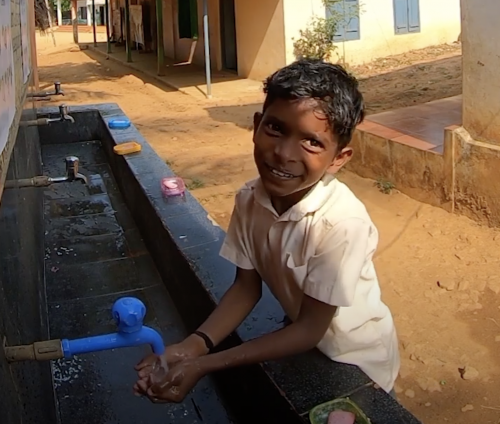
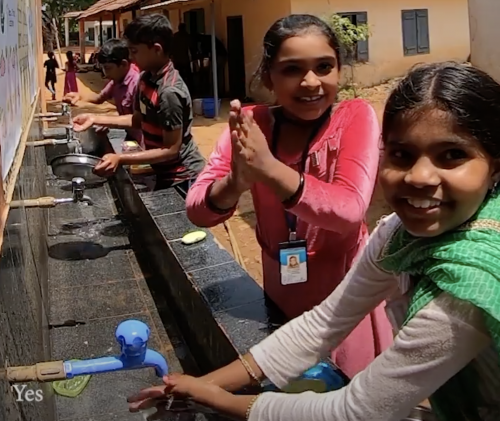
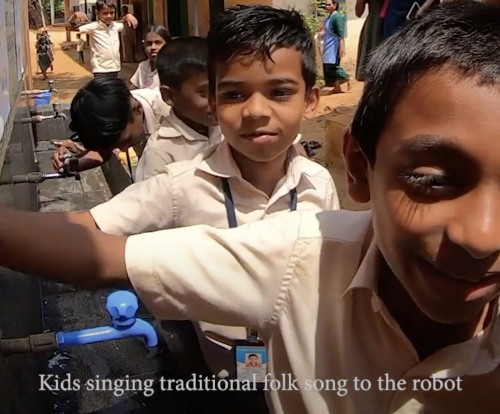

No comments:
Post a Comment
Please do not enter any spam link in the comment box.